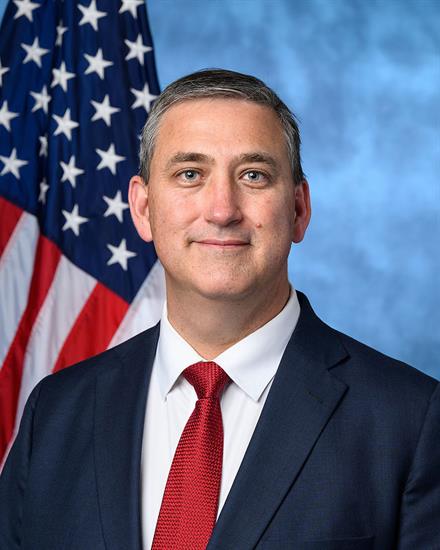Press Releases
RELEASE: Congressman Moran Statement on the Passage of H.R. 467 – HALT Fentanyl Act
WASHINGTON, D.C.,
May 25, 2023
WASHINGTON, D.C. – Congressman Nathaniel Moran (TX-01) released the following statement today after H.R. 467, the HALT Fentanyl Act, passed the House of Representatives with a 289-133 vote: “In just a decade, overdoses from Fentanyl-related substances have become a leading cause of death in young Americans – taking the lives of over 3,000 Texans in just the last few years. The Fentanyl crisis has affected every corner of our nation, and during my time as a Texas County Judge, I directly saw the impact of these lethal narcotics on our community. "In Congress, I am committed to combatting the growing fentanyl crisis, just as I was at the county level, where I worked to help negotiate and secure a statewide framework for settling opioid claims – known as the Texas Term Sheet – that ensured state and local governments, along with regional health districts, could stand together against bad actors to settle claims and combat the expanding causes and effects of opioid addictions. At the federal level, I have already introduced legislation that would sanction individuals from Mexico involved with the manufacturing, distribution, and transfer of illicit Fentanyl. And, this morning, I proudly joined my colleagues in supporting the HALT Fentanyl Act. This act will permanently classify Fentanyl and related substances as a Schedule 1 narcotic and establish a more refined process for research on Schedule 1 drugs." “While these measures do not bring back the loved ones lost, they are a step in the right direction to fight to end the opioid pandemic and ensure that we do not lose more young Americans to these lethal drugs.” About H.R. 46 – HALT Fentanyl Act: If enacted into law, H.R. 467 will permanently classify Fentanyl-related substances as Schedule 1 narcotics – the most serious and dangerous classification of a drug. It also established a refined process for research on Schedule 1 drugs to ensure that companies and researchers cannot abuse access to dangerous compounds. Additional Resources: |



